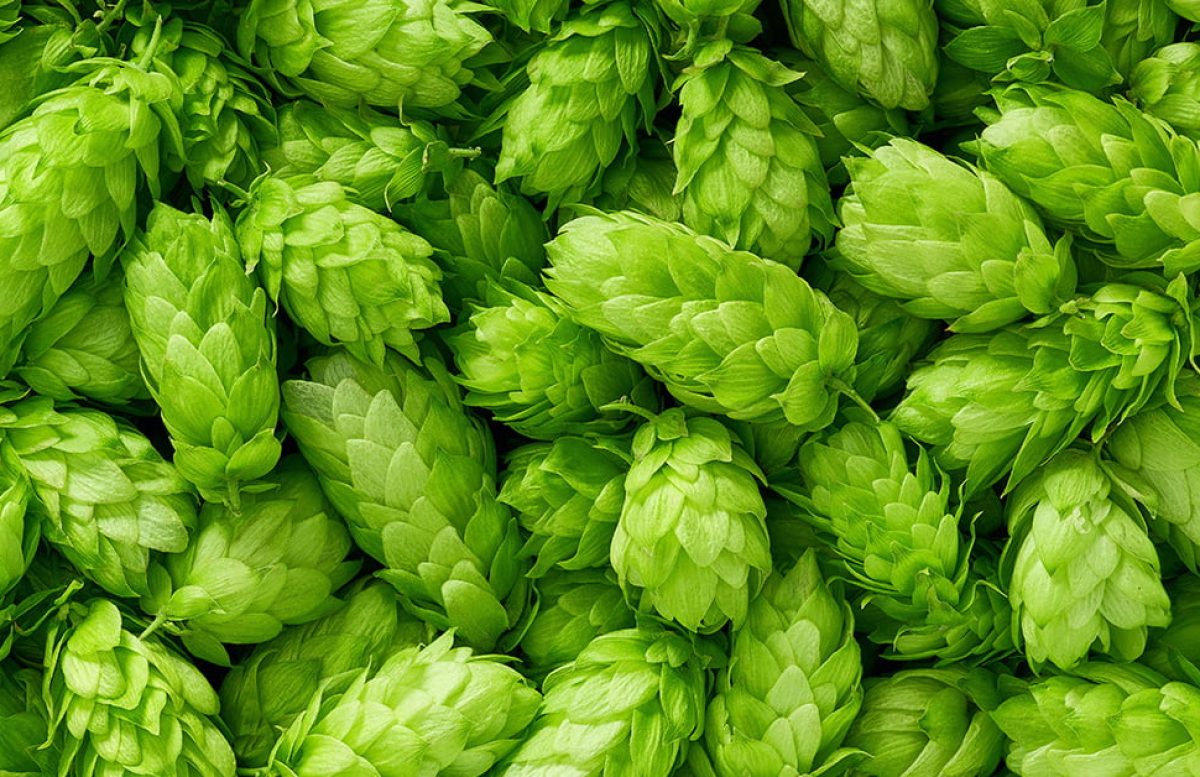Hops (Humulus lupulus) is a flowering plant that is native to Europe and Asia. It is a member of the Cannabaceae family, which also includes marijuana. Hops are most commonly known for their use in the production of beer, as they are used to add flavor and aroma to the drink. However, hops have also been used for centuries for their medicinal properties.
In herbal medicine, hops are often used for their sedative and hypnotic effects. They are known to help promote relaxation and sleep, and are often used to treat insomnia and anxiety. Hops are also used to relieve digestive issues such as indigestion and bloating.
In traditional folklore, hops were believed to have protective properties and were often hung over doors and windows to ward off evil spirits. They were also believed to promote fertility and were given to newlyweds as a gift.
In terms of energetics, hops are considered to have a cooling and drying nature. This means that they can help to reduce inflammation and heat in the body. They are also thought to have a calming effect on the mind and emotions.
Spiritually, hops are often associated with abundance and prosperity. They are also believed to promote spiritual growth and inner peace.
Overall, hops have a wide range of medicinal properties and have been used for centuries to treat a variety of health conditions. They are a useful herb to have in your natural medicine cabinet and can be taken in the form of a tea, tincture, or capsule.
HOPS (Humulus lupulus)
Family: Cannabaceae
Parts Used: Strobiles
Taste – Bitter (Its primary taste is certainly bitter and has a slightly cooling flavor.) Pungent.
Actions
Analgesic – This is another name to basically refer to a pain-relieving herb. This action through Skullcap happens through the plants ability to relax the muscles which in turn may ease pain.
Nervine Hypnotic – This is a class of herbs that help to induce a healing state of sleep. Hypnotics typically can range from mild to strong and Skullcap sits right in the middle as a moderate
Bitter Tonic – Specifically a digestive and nervine bitter. Have a tonifying and supportive effect on the gastrointestinal tract.
Spasmolytic – works on the autonomic nervous system and can bring about physical relaxation in the muscles. An antispasmodic that is also a nervine can help to ease psychological tension.
Affinities:
Nervous system – Hoffman noted that Hops will ‘ease tension and anxiety, and may be used where this tension leads to restlessness, headache and possibly indigestion’.
Digestive – Bitter nervine _Stimulating & reducing tension in the digestive system. Musculoskeletal – Through the spasmolytic action
Energetics: Qualities
Cooling – Sedates heat & excitation in tissues. It brings the energy down. (Whole System)
Drying – Long-term use will have a drying effect on the constitution. Increases secretions that are ultimately leaving the body.
Relaxant – Nervous system related to the whole body.
Pitta (cooling) & Vatta – relaxant (releases tension)
Specific Indications:
The person who could do with Hops is those who are the ‘planners’. They have trouble balancing their lives and ‘switching off’. They tend to lay awake at night, when they should be sleeping, tense with work still on their minds. There is often irritability – due to thinking about all that they DIDN’T get done in a day. These people like to plan out everything – even conversations that haven’t happened yet – they will have ‘imaginary conversations’ in their minds.
“Pre-worriers”, “Pre-planners”, “Co-ordinators of projects”. There is a tendency to pre-live their stressors before they happen. Causes constant irritability & criticism. Muscular tension. Fluid retention… depression…. ADRENAL FATIGUE & NERVOUS BREAKDOWN.
May lean on uppers (stimulants like coffee/sugar) to perk them up and downers to get them to sleep.




